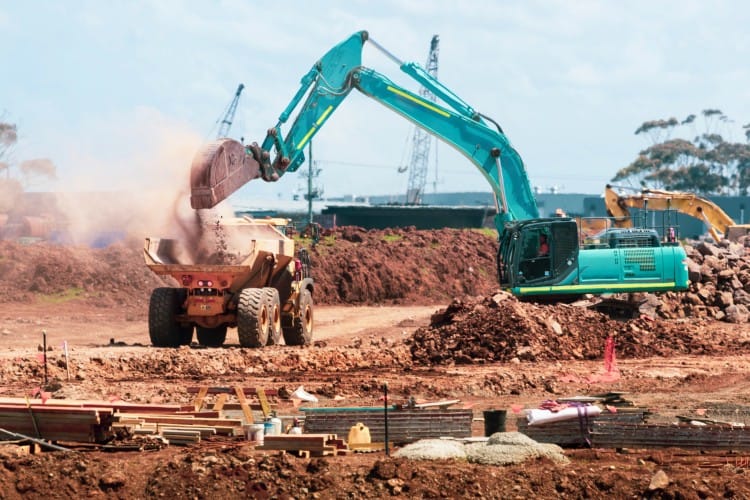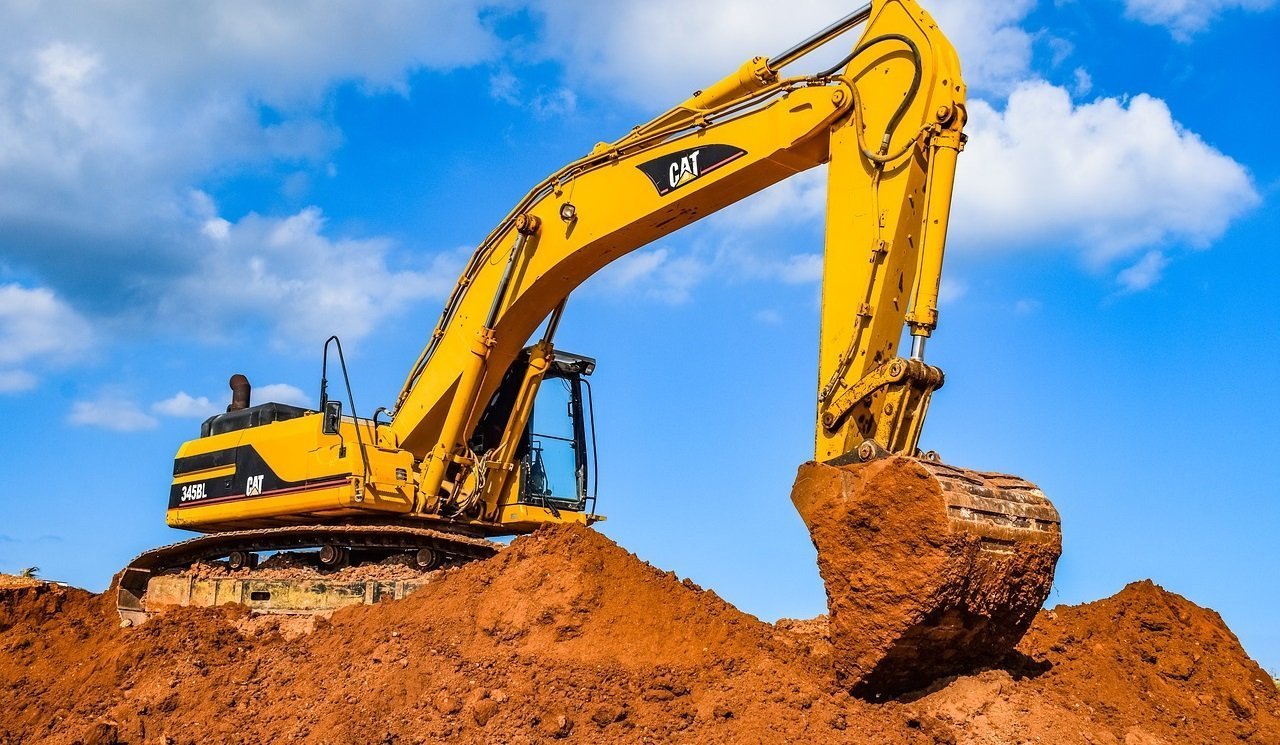Locate one of the most Trusted Rental Company Near Me for Heavy Equipment Rentals
Locate one of the most Trusted Rental Company Near Me for Heavy Equipment Rentals
Blog Article
Elements to Assess When Renting Building And Construction Tools for Cost-Effective Workflow
When thinking about the service of construction devices for cost-effective procedures, various aspects come right into play that can considerably affect the total project expenditure. Reviewing equipment specs, rental terms, upkeep prices, job period, and performing a comprehensive cost analysis are important actions in making certain optimal monetary performance and functional success.
Equipment Specifications

Variables such as fuel intake, operating speed, and modern technology combination contribute to equipment performance. By prioritizing performance, durability, and performance in devices specs, building task managers can boost functional efficiency and ultimately achieve successful task end results.
Rental Terms
To make certain a clear understanding of the terms associated with renting out construction devices, it is important for task supervisors to very carefully evaluate and negotiate the rental contract (mini excavator rental). Rental terms encompass numerous aspects that can substantially impact the general expense and performance of a building project. Trick elements to take into consideration include the rental duration, prices framework, settlement terms, maintenance responsibilities, insurance protection, and stipulations for tools breakdowns or malfunctions
When examining the rental arrangement, task supervisors should pay very close attention to the duration of the rental period. Comprehending whether the rental charges are based upon a per hour, day-to-day, once a week, or month-to-month rate is essential for budgeting and scheduling functions. Furthermore, clearing up the repayment terms, such as in advance expenses, down payment, and fines for late settlements, can aid stay clear of unanticipated economic worries.
Moreover, discussing upkeep obligations upfront can prevent disagreements in the future. Clearly detailing who is in charge of regular maintenance, fixings, and maintenance can guarantee that the tools stays in optimal problem throughout the rental period - rental company near me. It is also important to confirm the insurance protection provided by the rental business to avoid any kind of liabilities in situation of damages or crashes. By thoroughly checking out and working out the rental terms, task managers can safeguard affordable tools rentals that satisfy their task demands.
Upkeep Prices

When examining upkeep costs, think about aspects such as regular servicing, replacement of parts, and emergency repair services. Some rental firms offer maintenance packages that cover these expenses, while others might call for occupants to birth the full maintenance expenses. Determining the overall price of possession, consisting of maintenance, supplies an extra precise picture of the leasing's monetary impact. By budgeting for upkeep prices adhering and upfront to suggested servicing routines, occupants can reduce unexpected expenses and make best use of the efficiency of the rented building and construction devices.
Project Duration
Effective job period administration is integral to maximizing the usage of rented out building equipment and making sure timely conclusion of jobs. construction equipment rentals When leasing building tools, considering the job duration is critical for economical operations. A clear understanding of the job timeline enables much better preparation and application of equipment, making sure that the right devices are available for the essential duration without incurring unnecessary expenses. Matching the rental duration to the task's approximated period assists in staying clear of any potential late charges or extra costs that might develop from going beyond the agreed-upon rental timeframe. Effective job period monitoring makes it possible for building and construction teams to streamline their procedures, improve performance, and meet job target dates efficiently. By straightening the rental period with the job timetable, construction companies can optimize the usage of equipment, reduce downtime, and inevitably achieve price savings on their projects. Therefore, evaluating and properly estimating the task period is an essential variable in renting building and construction tools for optimum cost-effectiveness.
Expense Evaluation
Straightening the job duration with a comprehensive price analysis is vital in optimizing the economic effectiveness of renting building and construction devices. Conducting a thorough price analysis entails greater than simply comparing rental prices. It needs evaluating extra expenses such as transport, maintenance, insurance policy, and potential downtime prices. By considering these variables, you can make educated choices that add to general cost-effectiveness.
One critical facet of cost evaluation is recognizing your project's specific devices needs. Renting devices that is either underutilized or excessive used can result in unneeded expenditures. Assessing the project demands and choosing the appropriate type and amount of tools can help reduce expenses while making certain functional efficiency.
Additionally, comparing the expenses of acquiring versus renting out equipment is vital. While renting may seem economical for temporary jobs or customized tools, acquiring could be much more cost-effective for long-term or regularly made use of equipment. By evaluating the benefits and drawbacks of both alternatives, you can make critical selections that line up with your budget plan and job goals.
Final Thought
Finally, assessing elements such as equipment specifications, rental terms, upkeep prices, job duration, and cost analysis is crucial when renting out building and construction tools for cost-efficient procedures. By very carefully thinking about these factors, construction firms can guarantee they are getting one of the most worth out of their devices rentals and ultimately conserve money on their projects. It is important to focus on cost-effectiveness and performance in all elements of construction procedures.
Examining devices specifications, rental terms, upkeep costs, task period, and carrying out a comprehensive price analysis are essential actions in guaranteeing optimal monetary efficiency and functional success. By prioritizing capability, sturdiness, and efficiency in tools specs, construction job supervisors can improve operational performance and eventually attain successful task outcomes.

By aligning the rental duration with the task timetable, construction companies can maximize the use of tools, decrease downtime, and inevitably attain expense financial savings on their jobs.In conclusion, reviewing aspects such as devices specifications, rental terms, upkeep costs, project period, and cost evaluation is important when renting building and construction devices for cost-effective procedures.
Report this page